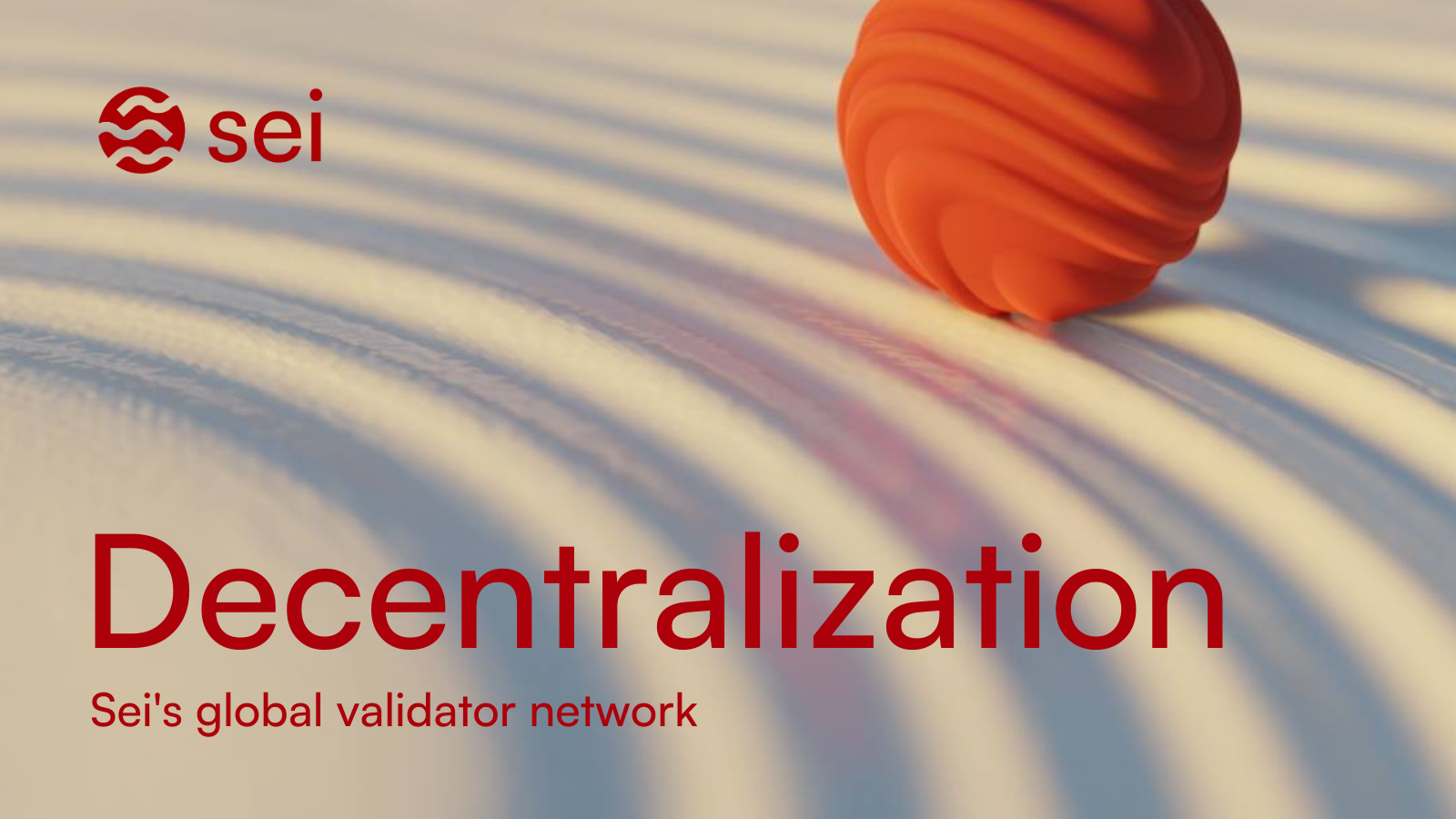Unpacking the Decentralization of Sei: Part 1

Embracing Decentralization: From Theory to Practice
In recent years, the concept of decentralization has emerged as a profound agent of change. In particular, open-source blockchains have captured the imagination of technologists, financiers, and visionaries alike, promising to disrupt traditional systems and usher in a new era of trust, transparency, and autonomy. To truly harness the transformative potential of open-source blockchains, decentralization is key.
Open source blockchains, such as the Bitcoin and Ethereum networks, operate on distributed systems where information is spread across multiple nodes, rather than relying on centralized entities. This distributed architecture ensures that no single point of control exists, reducing the risk of malicious attacks, censorship, and corruption. Yet, achieving genuine decentralization goes beyond a theoretical aspiration; it necessitates a comprehensive approach that encompasses not only data and token distribution but also the physical location of network participants.
Role of Validator Nodes on Sei
Much like Ethereum, validator nodes are responsible for securing the Sei blockchain and ensuring its accuracy via Sei’s Twin Turbo Consensus mechanism. Anyone can become a validator by running programs called full nodes, which allow them to verify each transaction made on the Sei network. Validators propose blocks, vote on their validity, and add each new block to the chain. Users will be able to stake their Sei to validators in exchange for staking rewards, while validators in the active set can set a commission to be compensated for their important role.
In order to run a validator node on Sei, you should meet the hardware requirements as outlined here: https://docs.sei.io/full-node/run-a-sei-node/system-configuration
You can also find a FAQ on running a validator node here: https://docs.sei.io/full-node/run-a-sei-validator/validator-faq
Physical Decentralization
In order to achieve the fastest block times possible, Sei Labs explored the idea of colocation of these validator nodes. In other words, minimizing the distance between nodes results in less time to reach consensus. However, through thorough testing it was discovered that Sei’s Atlantic-2 testnet achieved the fastest time to finality of any blockchain, even with validator nodes located in 12 countries, across 3 continents around the world. Therefore, the mainnet ready version of Sei is a fully global and physically decentralized network.
The Impact and Challenges of Decentralization
The importance of decentralization becomes most apparent when contemplating the resilience and robustness of open-source blockchains. In contrast to centralized systems that are susceptible to single points of failure, a distributed network spread across different regions and jurisdictions mitigates the risk of catastrophic disruptions. Natural disasters, political instability, or regional internet outages are less likely to cripple the entire system when nodes are geographically dispersed. By fostering redundancy, geographical decentralization enhances the overall reliability of open-source blockchains, bolstering user confidence and trust.
The absence of any centralized authority fosters an environment where power and decision-making are distributed amongst the participants, promoting a more egalitarian and collaborative ethos. Geographical diversity leads to a more diverse range of perspectives, ultimately enriching the collective intelligence of the network and sparking innovative solutions to complex challenges.
Furthermore, decentralization serves as a defense against undue influence or control exerted by any single entity, be it a corporation, government, or consortium. Open-source blockchains that embrace geographical diversity remain immune to the undue pressures of specific jurisdictions or political agendas, preserving the system's core principles of autonomy and censorship resistance.
However, the journey towards decentralization is not without its challenges. A globally dispersed network requires robust infrastructure, seamless communication, and efficient consensus mechanisms. Sei’s twin-turbo consensus has been designed to address precisely this.
Sei Labs' Stance on Decentralization
Sei Labs believes the importance of decentralization for open-source blockchains cannot be overstated. It is not merely a technical detail but a fundamental pillar that upholds the transformative potential of blockchain networks.
Stay tuned for our second part in this series, covering the Sei token, its meaningful utility, distribution, and how this contributes to the decentralization of the Sei protocol via governance.

